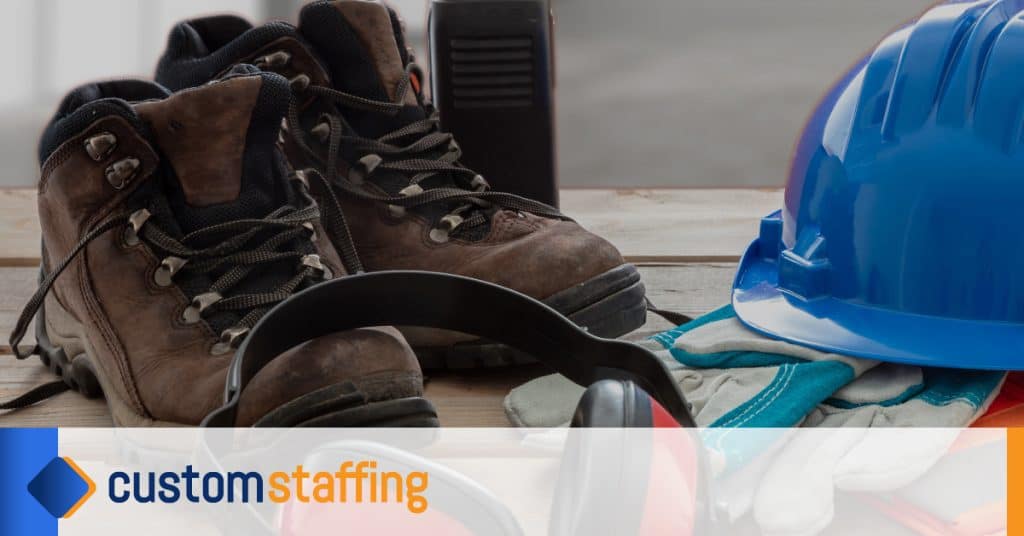If you’re working in a warehouse or other industrial environment, your work boots are an essential part of your safety gear. Not only do you need something comfortable, but you need boots that are designed to protect your feet from job hazards. Before buying your boots, ask your employer about any footwear requirements. Then consider the following factors when making your decision.
Types of Work Boots
Assess the hazards that you are likely to encounter on the job. Depending on your position, you may need boots with one or more of these features:
Steel-toe: Steel toes are standard for protective work boots, but other options include aluminum and composites. Whichever you choose, it should be sturdy enough to protect your toes from falling items.
Electrical hazard protection: If you work around electricity, these boots offer some protection against electrocution.
Insulated: Insulated boots are a great choice for those who spend a lot of time outdoors or in unheated spaces.
Water-resistant: If you regularly work in bad weather or on sloppy terrain, water-resistant boots can help keep your feet warm and dry.
Slip-resistant: Many jobs require you to work on wet or greasy floors. Slip-resistant boots have a better grip in these conditions.
Construction
Work boots are available in a wide variety of materials, from natural leather to synthetic rubber. Choose a material that is both durable and comfortable. Also, check the construction. Cement construction means that the upper and the outsole are glued together. These boots are more affordable but may not last as long as stitch-down construction, in which the uppers are sewn to the outsoles. A midrange choice is direct attach construction, in which the uppers and outsoles are molded together.
Fit and Comfort
Be sure to try on the work boots with the socks you plan to wear, since socks come in many different thicknesses. Your boots should fit snugly without creating any pressure points. Make sure there is room to bend your toes freely and that the instep feels like it naturally supports the arch of your foot.
There is no single pair of work boots that is right for everyone. The hazards you face, your employer’s requirements, the construction you prefer, and your own subjective comfort should all play a role in your decision. Good work boots can be expensive, but they are an investment in your health, safety, and comfort at work.
Ready for a New Position?
Are you looking for work? Custom Staffing can help! Take a look at our available positions, and then apply today.

